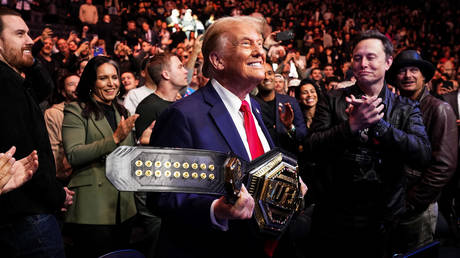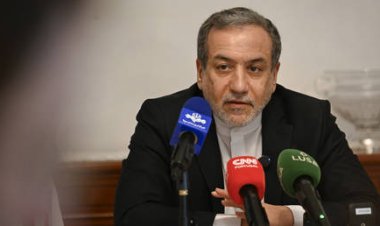Congress approves resolution against Biden EV charger plans
The measure targets a limited waiver from Buy America rules. Democrats and the White House say it would backfire.


The House approved legislation Thursday to undo a Biden administration rule meant to facilitate the proliferation of electric vehicle charging stations.
The resolution, an attack on President Joe Biden's EV transition plans, passed 209-198 with bipartisan support. The White House has promised to veto it and said it would backfire.
S. J. Res. 38 from Sen. Marco Rubio (R-Fla.), would scrap a Federal Highway Administration waiver from domestic sourcing requirements for EV chargers funded by the 2021 bipartisan infrastructure law. It already passed the Senate 50-48.
"A waiver undercuts domestic investments and risks empowering foreign nations," said Rep. Sam Graves (R-Mo.), chair of the Transportation and Infrastructure Committee, during House debate Thursday.
"If the administration is going to continue to push for a massive transition to EVs, it should ensure and comply with Buy America requirements."
The resolution passed under the Congressional Review Act, which allows Congress to scrap administration rules. Even though Biden's veto is likely to stand, the measure amounts to a rebuke.
Still, many Democrats and the White House charged the resolution was so poorly worded it would actually create fewer American-made charging stations, not more.
Rep. Rick Larsen of Washington, the Transportation Committee's top Democrat, defended the administration's approach. "You need to give time to the private sector to prepare," he said.
By scrapping the temporary Buy America waiver for charger parts like iron and steel, resolution critics say the resolution would also eliminate other domestic sourcing mandates.
"If enacted, S.J. Res. 38 would weaken Buy America requirements by reverting to [the Federal Highway Administration’s] general waiver for manufactured products, allowing federal dollars — including $7.5 billion from the Bipartisan Infrastructure Law — to be spent on chargers made in competitor nations like the People’s Republic of China," the White House said in its veto threat last year.
When asked about the claim in November, Rubio said, "Obviously, I don’t agree with their analysis."
"The bottom line is this," Rubio said on the Senate floor. "If we're going to spend $5 billion of taxpayer money to build electric vehicle charging stations for the United States, it should be made by Americans, in America, using American products."
Three senators who bucked their party to support the resolution face tough reelections in states where energy and labor politics could hold considerable influence: Sens. Sherrod Brown of Ohio, Jon Tester of Montana and Democrat-turned-independent Kyrsten Sinema of Arizona.
Energy and Natural Resources Chair Joe Manchin of West Virginia, who announced he has since announced he will retire, also supported it.
In the House, just two Democrats supported the resolution Thursday, including Reps. Jared Golden of Maine and Don Davis of North Carolina. Two Republicans opposed it: Tom McClintock of California and Brian Fitzpatrick of Pennsylvania, who often vote with Democrats on environmental issues.
Lawmakers will likely vote again to override Biden's veto, but Rubio and his allies are unlikely to succeed. Two-thirds are needed in each chamber.
The president is pursuing his goal of having 50 percent of all new vehicle sales be electric by 2030. And the Energy and Transportation departments are spending billions of dollars to build 500,000 charging stations along interstate highways and within communities.
White House climate adviser Ali Zaidi on Wednesday highlighted the administration’s ongoing efforts to accelerate the EV transition, including with more factories popping up in the United States. At the end of 2023, about 170,000 chargers had been installed nationwide, he said.
Zaidi, who helped announced new grants for EV chargers, called the Republican resolution "part of a broader effort to take choices away from consumers to underplay and undermine efforts that would strengthen our energy security."
Madeleine Bugel, the director of government relations at the National Electrical Manufacturers Association, told POLITICO that companies have invested in more than 40 EV charger plants since Biden took office.
The Buy America requirements are "high-level and so broad," but the waiver provided companies with "product-specific guidance" they could use to establish their supply chains, she said.
"It’d be really a shame to see that business certainty be taken away," Bugel said.
James Bikales contributed to this report.












